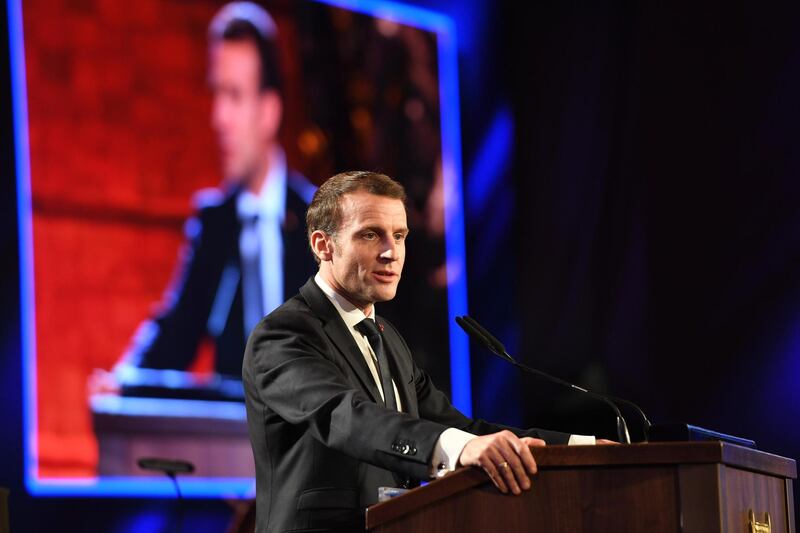President Emmanuel Macron said the “global phenomenon” of radical Islam can in part be blamed on failed economic and social policies in countries including France.
The particular pressures from radicalisation within the community that were apparent in France stemmed from the creation of dividing lines between different parts of society. This cut against the republican ideal that all French citizens should share one society equally. While part of an emerging crisis had its roots in the history of the country's Muslim population, other parts could be traced to worldwide pressures.
"We cannot speak separately of the crisis that Islam is experiencing worldwide, the subject of communitarianism in our countries, the crisis of republican civility, the subject of failure of the Republic in certain districts, and of the legacy problems faced by France ".
“It becomes at the same time the import of an Islam which is experiencing a crisis worldwide – and which revisits signs of religiosity that he did not necessarily have 20 or 30 years ago,” Mr Macron added.
He argued that the “counter-culture” and transformation of Islam must be “looked at in the face” as his government was preparing policies to heal divisions and the threats from extremism. France looked not only with its own people but to countries with close ties to France for the origins of the issues his government was trying to address.
He noted that the French inspired republican ideals espoused by Habib Bourguiba, the leader of Tunisia from 1956 to 1987, had receded in recent decades, even as the country had recently experimented with democracy.
“Countries which are of Muslim traditions, I would say today, Tunisia is not that of Bourguiba, we have to admit it… and so we have it here too,” he told a number of French media outlets.
He was speaking as he returned home from Israel after commemorations to mark 75 years since the liberation of Auschwitz.
At the ceremony he said that history showed that anti-Semitism always preceded the weakening of democracy and translated to an inability to accept people who are different.
“We need this unity, of Europe, of the international community, because today, in our democracy, anti-Semitism is resurging — violent, brutal, it is here. And with it, its parade of hate and intolerance. With it, racism.
“It is always the first form of rejection of the other. And when anti-Semitism appears, all racism spreads. All divisions propagate. Nobody comes out of this winning,” he said.








